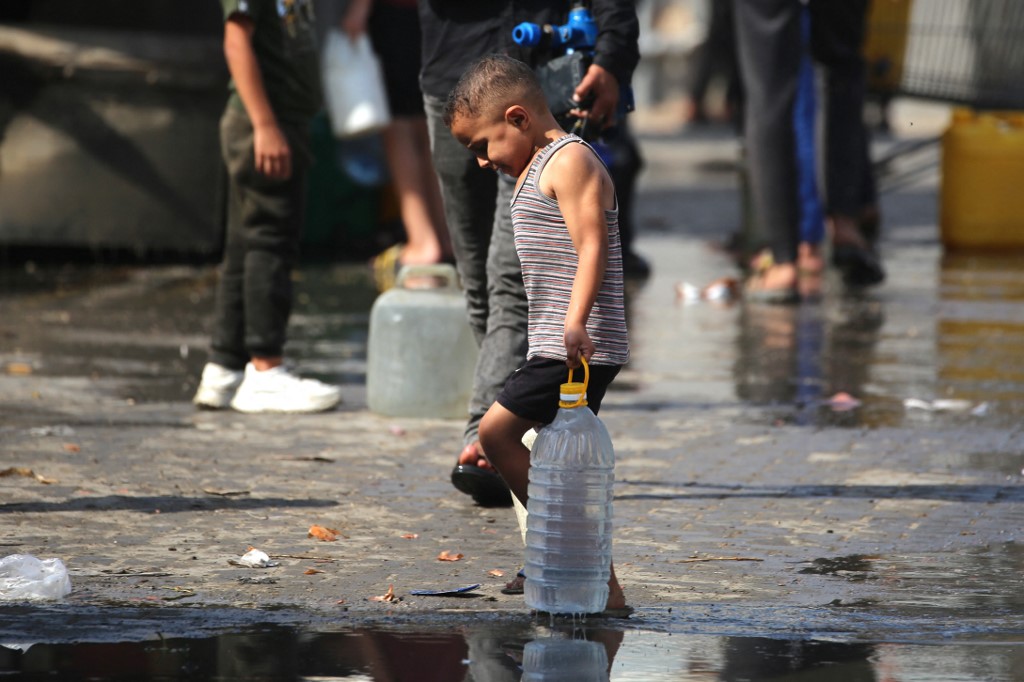Home / Environment / Gaza's Toxic Wasteland: Families Trapped in Environmental Catastrophe
Gaza's Toxic Wasteland: Families Trapped in Environmental Catastrophe
8 Nov
Summary
- Entire neighborhoods razed, families displaced multiple times
- Sewage-filled ponds threaten public health, especially for children
- Destruction of agricultural land leaves Gaza in severe food insecurity

As of November 8th, 2025, the environmental devastation caused by Israel's war on Gaza has become increasingly apparent. Four weeks after a fragile ceasefire, which Israel has violated daily, the scale of the damage is staggering.
In Gaza City's Sheikh Radwan neighborhood, what was once a thriving community has been reduced to a wasteland. Homes lie in ruins, and a vital water source, a rainwater pond, now festers with sewage and debris. Displaced families, including pregnant women and children, have no choice but to take refuge in these hazardous conditions, facing threats from mosquitoes, foul odors, and rising sewage levels.
The destruction has also taken a severe toll on Gaza's agricultural land, leaving the region in a state of "severe food insecurity and famine," according to the Palestinian Ambassador Ibrahim al-Zeben. The deliberate targeting of water and sanitation infrastructure has led to the contamination of groundwater and coastal waters, posing grave risks to public health.
Advertisement
Local officials warn that the stagnant, polluted water could lead to disease outbreaks, especially among children. Yet for many in Gaza, there are no alternatives, as the water from wells, containers, and trucks is also contaminated. The environmental catastrophe is inextricably linked to the ongoing "genocide" that Israel continues to wage, according to al-Zeben.




